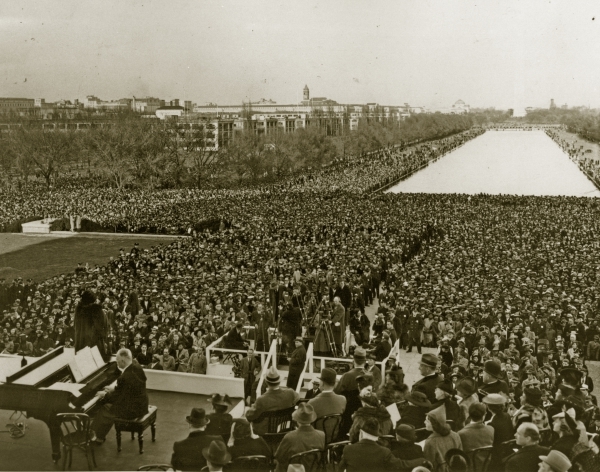STRATTON — In 1930, in Marion, Indiana, two lifeless black bodies in ragged and tattered clothes hung from separate tree branches, their faces and bodies beaten and bloody. Below them, a separate crowd of well-dressed white men and women stood smiling and looking at the corpses.
Not one person had an expression of sorrow or remorse - not a single hint of regret.
Such racism, the blatant disregard for human dignity, persists because one group holds tight to its power, refusing another the opportunity to thrive.
To retain its position of strength, white Americans have suppressed other races, including African-Americans, Native Americans, Hispanics, and Asians. In the past, suppression has included legislation that segregated the races, as well as prejudicial attitudes and discriminatory actions that have been passed down through generations.
The legacy of slavery, the most notorious and paralyzing form of suppression, created a cycle of poverty, educational inequality, degrading stereotypes, ignorance, and a refusal by some to acknowledge the problem.
Statistics show the effects of this legacy on our nation: the African-American unemployment rate is nearly twice that of whites, and African-Americans are incarcerated at nearly six times the rate of whites.
* * *
In my middle-school life, the roots of racism can be related to intolerance of anyone the popular group deems inferior - a less athletic child, a more emotional girl, or one who simply does not go along with the crowd.
I have felt the pain of others laughing and talking about me, making me want to hide and run away from the shame. Because I can relate to the ugliness of racism, I am committed to treating everyone I meet with respect and kindness.
Although our nation has come a long way from the days of slavery and lynchings, we need to continue to educate children and adults about discrimination, use the media to spread the message of acceptance, and address factors like racial profiling through laws and community programs.
We need to change the way people think, because racism will end only when everyone chooses love over hate, respect over shame, and unity over division.
* * *
On April 9, 1939, nine years after the lynching in Marion, Indiana, an act of astounding bravery took place on the steps of the Lincoln Memorial. Denied the right to perform in Constitution Hall because of her race, African American contralto, Marian Anderson, sang in front of a crowd of 75,000 people, white and black.
While the guards expected strife, a conflict never arose. After singing, “My Country 'Tis of Thee,” Anderson noticed a shift in the crowd. Just as an object at rest stays at rest until another object forces it to move, her singing had become a catalyst for change.
She sang as a proud American, not as a black woman, using nothing more than the power of her voice to connect people of every color.
To end racism today, we, too, must use our voices to inspire people to move toward a common identity.
